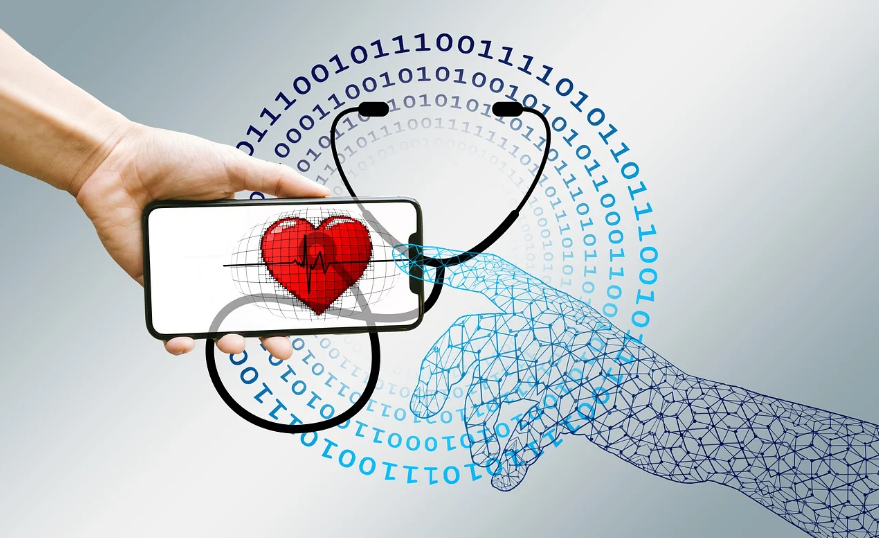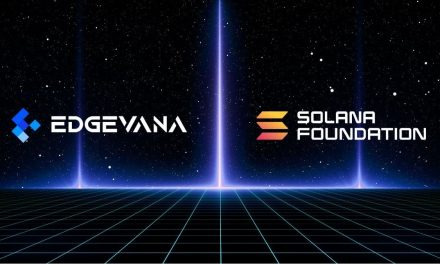In the fast-paced digital era, blockchain technology has emerged as a disruptive force in various industries, revolutionizing the way we transact and store data securely. One sector that stands to benefit immensely from blockchain implementation is healthcare. The global blockchain technology in the healthcare market is poised for remarkable growth, unlocking a new era of efficiency, security, and interoperability in the industry. In this comprehensive article, we delve into the intricacies of blockchain technology in healthcare and how it is set to transform the landscape.
The Current State of Healthcare Data Management
Traditional healthcare systems face significant challenges in managing patient data. The storage, retrieval, and sharing of medical records are often cumbersome, prone to errors, and vulnerable to security breaches. Additionally, the lack of interoperability among different healthcare providers hinders the seamless exchange of vital patient information, leading to fragmented care and inefficiencies. These issues underscore the urgent need for a robust solution that can address these pain points effectively.
Understanding Blockchain Technology
Blockchain technology, the backbone of cryptocurrencies like Bitcoin, offers a decentralized and immutable ledger system. It enables secure, transparent, and tamper-proof recording and sharing of data across multiple participants. Blockchain operates through a distributed network of computers (nodes) that validate and record transactions in a chronological chain of blocks. The decentralized nature of blockchain ensures that no single entity has control over the data, making it highly secure and resistant to unauthorized modifications.
Key Advantages of Blockchain in Healthcare
- Enhanced Data Security: Blockchain’s cryptographic algorithms and distributed architecture make it incredibly secure against data breaches and unauthorized access. Patient records stored on the blockchain are encrypted, ensuring the privacy and integrity of sensitive medical information.
- Improved Interoperability: Blockchain promotes seamless data sharing and interoperability among healthcare providers, enabling efficient collaboration and holistic patient care. With blockchain, authorized parties can access patient data in real-time, leading to accurate diagnoses, reduced medical errors, and improved outcomes.
- Streamlined Clinical Trials: Blockchain technology streamlines the process of conducting clinical trials by ensuring transparent, traceable, and verifiable data. It enables researchers to securely record and track the progress of trials, ensuring the integrity of the data and promoting trust among stakeholders.
- Efficient Supply Chain Management: Blockchain’s decentralized nature and smart contract capabilities revolutionize supply chain management in healthcare. It enables end-to-end traceability of pharmaceuticals, medical devices, and supplies, reducing counterfeiting and ensuring the authenticity and safety of products.
- Empowered Patients: With blockchain, patients gain control over their health data. They can securely share their medical records with healthcare providers, insurers, and researchers, facilitating personalized treatment plans and empowering individuals to actively participate in their healthcare decisions.
Market Forecast and Growth Opportunities
According to a recent market research report, the global blockchain technology in healthcare market is poised for remarkable growth in the coming years. The report predicts that the market will grow by USD 1,939.31 million during the forecast period of 2022-2027, with a staggering compound annual growth rate (CAGR) of 32.79%. This growth can be attributed to the increasing adoption of blockchain solutions in healthcare, driven by the need for improved data security, interoperability, and cost-efficiency.
The market growth is fueled by several key factors, including:
- Rising Demand for Secure Health Data Exchange: As the importance of secure health data exchange becomes increasingly evident, healthcare organizations are embracing blockchain technology to ensure the privacy and integrity of patient information.
- Government Initiatives and Support: Governments worldwide are recognizing the potential of blockchain in healthcare and are implementing supportive policies and initiatives to drive its adoption. This support is expected to accelerate the growth of the blockchain technology market in the healthcare sector.
- Emerging Applications of Blockchain: Beyond data management, blockchain technology finds applications in telemedicine, drug traceability, clinical trials, supply chain management, and more. These emerging use cases contribute to the growing demand for blockchain solutions in healthcare.
The Future of Healthcare: Unlocking the Potential
The integration of blockchain technology in healthcare holds immense potential to revolutionize the industry. As we move forward, blockchain-powered solutions will continue to transform healthcare delivery, research, and data management. The increased efficiency, security, and interoperability brought about by blockchain will unlock new avenues for innovation, collaboration, and patient-centric care.
Conclusion
The global blockchain technology in healthcare market is set to experience substantial growth, driven by the need for secure data management, interoperability, and enhanced patient outcomes. As healthcare organizations recognize the transformative potential of blockchain, adoption rates will continue to rise, ushering in a new era of efficiency, transparency, and patient empowerment. Embracing blockchain technology in healthcare will pave the way for a future where data is secure, healthcare providers collaborate seamlessly, and patients actively participate in their own well-being. Stay ahead of the curve and unlock the full potential of blockchain in healthcare.





